The Political Science Student Writers Manual and Readers Guide
Eighth Edition
Gregory M. Scott
University of Central Oklahoma Emeritus
Stephen M. Garrison
University of Central Oklahoma
Executive Editor: Nancy Roberts
Associate Editor: Molly White
Senior Marketing Manager: Deborah Hudson
Interior Designer: Ilze Lemesis
Cover Designer: Sally Rinehart
Credits and acknowledgments for material borrowed from other sources, and reproduced with permission, appear on the appropriate page within the text.
Published by Rowman & Littlefield
A wholly owned subsidiary of The Rowman & Littlefield Publishing Group, Inc.
4501 Forbes Boulevard, Suite 200, Lanham, Maryland 20706
www.rowman.com
Unit A, Whitacre Mews, 26-34 Stannary Street, London SE11 4AB, United Kingdom
Copyright 2017 by Rowman & Littlefield
This book was previously published by Pearson Education, Inc.
All rights reserved. No part of this book may be reproduced in any form or by any electronic or mechanical means, including information storage and retrieval systems, without written permission from the publisher, except by a reviewer who may quote passages in a review.
British Library Cataloguing in Publication Information Available
Library of Congress Cataloging-in-Publication Data
Names: Scott, Gregory M. | Garrison, Stephen M.
Title: The political science student writers manual and readers guide / Gregory M. Scott, University of Central
Oklahoma Emeritus, Stephen M. Garrison, University of Central Oklahoma.
Other titles: Political science student writers manual
Description: Eighth Edition. | Lanham : ROWMAN & LITTLEFIELD, [2016] | Series: The Student Writers Manual:
A guide to reading and writing | Previous edition: 2012. | This book was previously published by Pearson Education,
Inc.T.p. verso. | Includes bibliographical references and index.
Identifiers: LCCN 2016033680 (print) | LCCN 2016034494 (ebook) | ISBN 9781442267091 (hardcover : alk. paper) |
ISBN 9781442267107 (paperback : alk. paper) | ISBN 9781442267114 (electronic)
Subjects: LCSH: Political scienceAuthorshipStyle manuals. | Political scienceResearchHandbooks,
manuals, etc. | Academic writingHandbooks, manuals, etc. | Report writingHandbooks, manuals, etc.
Classification: LCC JA86 .S39 2016 (print) | LCC JA86 (ebook) | DDC 808.06/632dc23
LC record available at https://lccn.loc.gov/2016033680
 The paper used in this publication meets the minimum requirements of American National Standard for Information SciencesPermanence of Paper for Printed Library Materials, ANSI/NISO Z39.48-1992.
The paper used in this publication meets the minimum requirements of American National Standard for Information SciencesPermanence of Paper for Printed Library Materials, ANSI/NISO Z39.48-1992.
BRIEF CONTENTS
CONTENTS
TO THE STUDENT
WELCOME TO A COMMUNITY OF SKILLED OBSERVERS
One of the most successful books on counseling psychology is The Skilled Helper, by Gerard Egan (10th Edition, 2013). The titles elegant simplicity immediately directs students attention to the essence of what they, if successful, are to become. We have written this book to help you become a particular sort of skilled observer. Practitioners of all the social and physical sciences are, most essentially, skilled observers. They carefully and systematically observe behavior, accurately record their observations, and then describe how they have conducted their research and the implications of what they have discovered. Underlying all these activities, most fundamentally, is the skill of writing. Much in the way a funnel directs liquid to its intended container, writing refines and directs your thoughts into clear, capable, professional literary vessels through which you communicate with the community of scholars. This book invites and empowers you to join the particular community of skilled observers known as political scientists.
The political science community is now, in 2016, officially 2,351 years old. That is because the foundational work of this discipline, Aristotles (384322 BCE) Politics, was written in 350 BCE. Yes, people before Aristotle had astutely observed and discussed politics. We cannot read Pericles (425429 BCE) Funeral Oration or Aristophanes (450388 BCE) satirical play Ecclesiazusae (392 BCE, Women in the Assembly), for example, without knowing that much acutely insightful discussion about politics was well under way, and Platos (428348 BCE) political thought was both systematic and substantial. But Platos preeminent political work, the (360 BCE), is an account of Socratess (470399) discussions with citizens in Athens, which chronicle the gadflys application of deductive logic to the task of deriving a model of the perfect society.
But political science as known today was born with the very first words of Aristotles Politics, his analysis of political behavior: Observation shows us... With these three profound words political science, and indeed all science, was definitively born. Aristotle then proceeded to observe the politics of his own time, chronicle the politics of previous times, and recommend political cultures for the future. It should be noted that through the centuries, whenever political analysis has been based upon skilled observation of human behavior, political science has taken a step forward.
Political science as an academic discipline was launched in 1903 with the founding of The American Political Science Association (APSA). Today, political scientists study a wide variety of topics, perhaps best illustrated by APSAs list of organized sections of the discipline:
APSA Organized Sections:
African Politics Conference Group
Canadian Politics
Class and Inequality
Comparative Democratization
Comparative Politics
Conflict Processes
Elections, Public Opinion, and Voting Behavior
European Politics and Society
Experimental Research
Federalism & Intergovernmental Relations
Foreign Policy
Foundations of Political Theory
Health Politics and Policy
Human Rights
Ideas, Knowledge and Politics
Information Technology and Politics
International History and Politics
International Security and Arms Control
Law and Courts
Legislative Studies
Migration and Citizenship
New Political Science
Political Communication
Political Economy
Political Methodology
Political Networks
Political Organizations and Parties
Political Psychology
Political Science Education
Politics and History
Politics, Literature, and Film
Presidents and Executive Politics
Public Administration
Public Policy
Qualitative and Multi-Method Research
Race, Ethnicity, and Politics
Religion and Politics
Representation and Electoral Systems
Science, Technology, & Environmental Politics
Sexuality and Politics
State Politics and Policy
Urban and Local Politics
Women and Politics Research
As you peruse this list, you will see that the breadth of the discipline offers a wide variety of opportunities to study human behavior.
We shall make two final notes about this ancient and new discipline. First, its accomplishments within and without academia are generally little appreciated and understood. Everyone understands what a historian does, but many people confuse political scientists with historians. One reason for this is that, in general, these scientists of politics eschew publicly marketing their work or their discipline. But sometimes, political scientists break into public view. Here are a few who have done so:

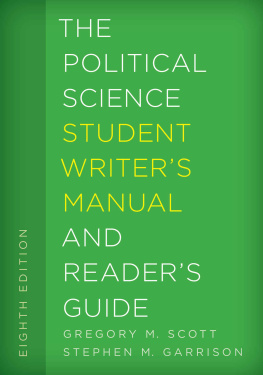
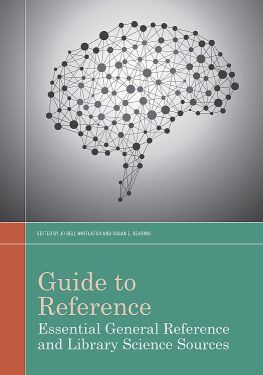
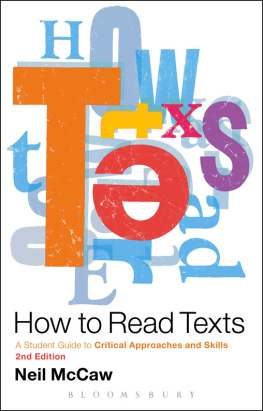
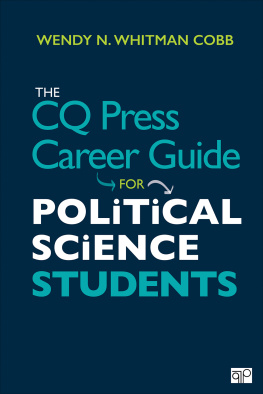
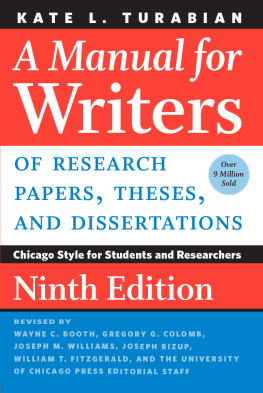


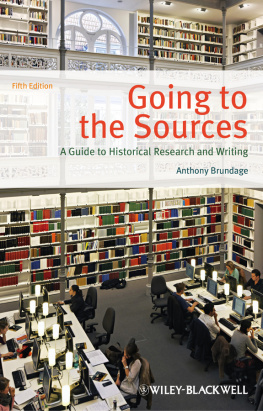
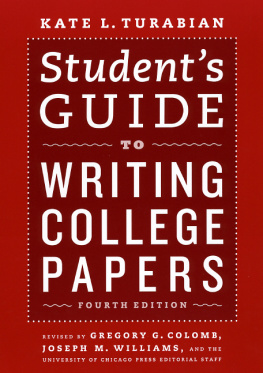
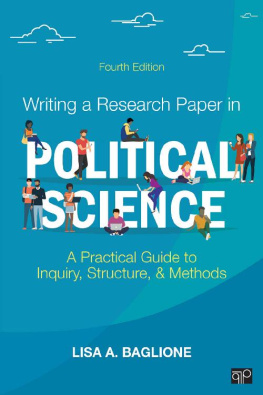
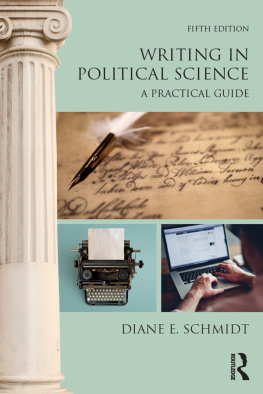
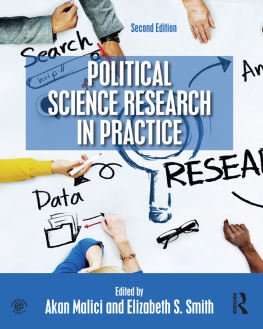


 The paper used in this publication meets the minimum requirements of American National Standard for Information SciencesPermanence of Paper for Printed Library Materials, ANSI/NISO Z39.48-1992.
The paper used in this publication meets the minimum requirements of American National Standard for Information SciencesPermanence of Paper for Printed Library Materials, ANSI/NISO Z39.48-1992.